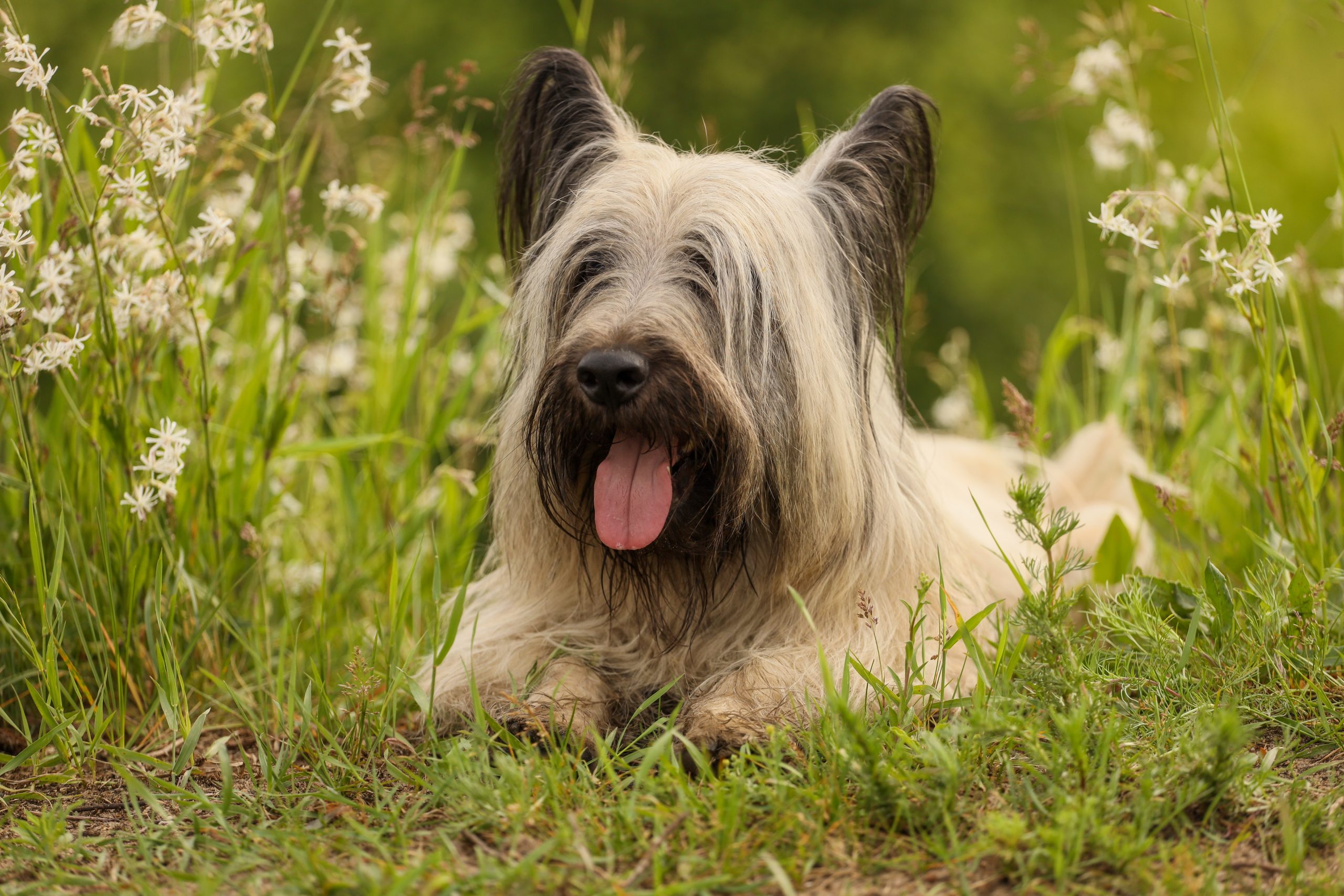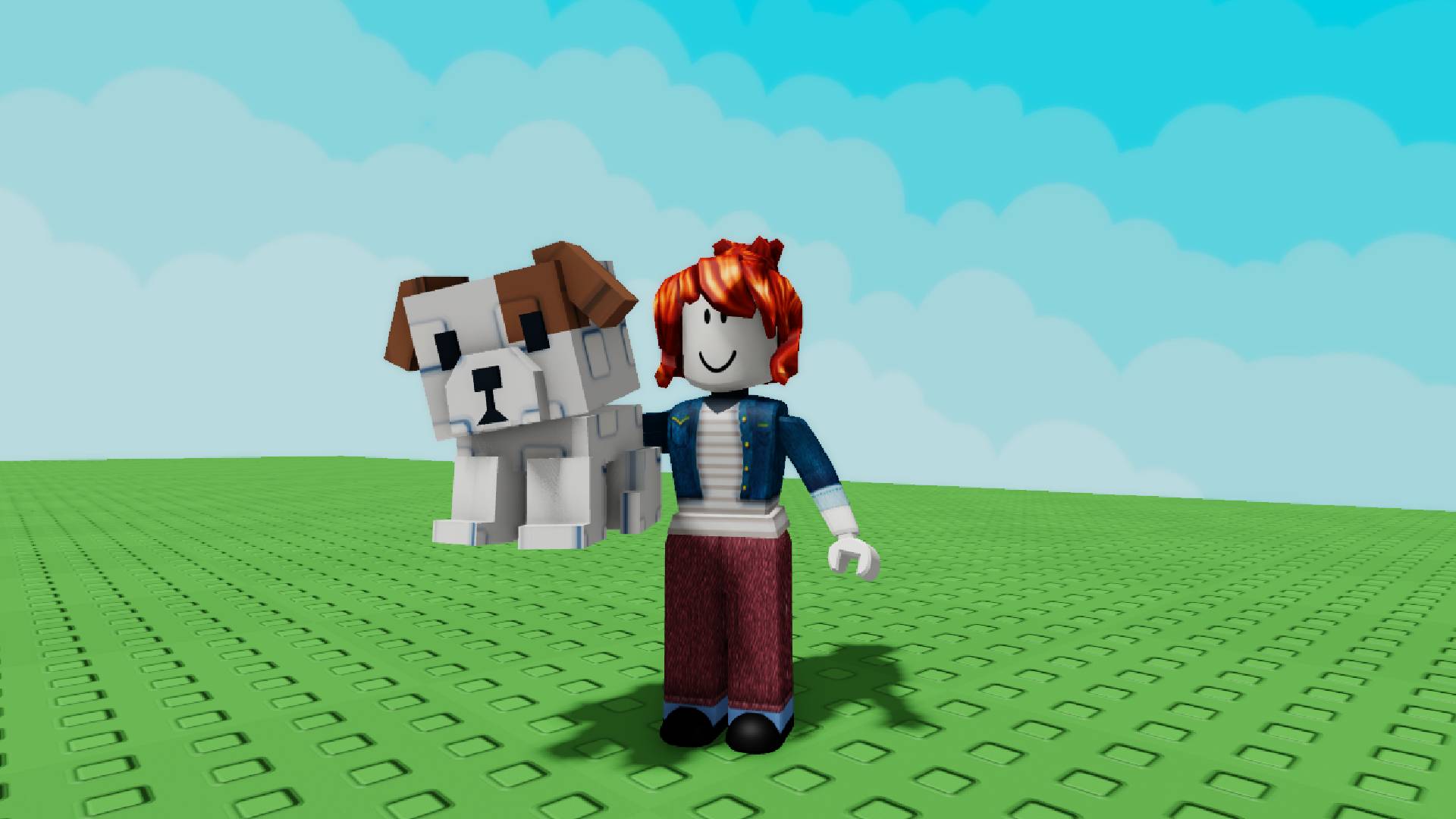The Skye Terrier, a breed known for its distinctive long and low body, generally exhibits specific ranges in weight and height that reflect its unique physical structure. Adult Skye Terriers typically weigh between 25 to 40 pounds, showcasing a sturdy, albeit compact build. In terms of height, they stand about 9 to 10 inches at the shoulder, making them one of the shorter terrier breeds. This breed’s elongated body and short legs are signature traits that not only define their physical appearance but also contribute to their agile and robust nature, suitable for both companionship and active pursuits.
Male Skye Terrier Weights & Heights by Age
The following chart contains the average weights and heights of male Skye Terrier from newborn to 3 years of age. Please note these are only averages. Always consult with your veterinarian if you have any concerns about your Skye Terrier’s growth.
| Age | Weight (lbs) | Weight (kg) | Height (inches) | Height (cm) |
|---|---|---|---|---|
| 0 months | 1 – 2 | 0.5 – 0.9 | 3 – 4 | 7.6 – 10.2 |
| 3 months | 4 – 6 | 1.8 – 2.7 | 5 – 6 | 12.7 – 15.2 |
| 6 months | 10 – 15 | 4.5 – 6.8 | 7 – 8 | 17.8 – 20.3 |
| 9 months | 15 – 25 | 6.8 – 11.3 | 8 – 9 | 20.3 – 22.9 |
| 12 months | 25 – 30 | 11.3 – 13.6 | 9 – 10 | 22.9 – 25.4 |
| 2 years | 30 – 40 | 13.6 – 18.1 | 10 | 25.4 |
| 3 years | 30 – 40 | 13.6 – 18.1 | 10 | 25.4 |
Female Skye Terrier Weights & Heights by Age
The following chart contains the average weights and heights of female Skye Terrier from newborn to 3 years of age. Please note these are only averages. Always consult with your veterinarian if you have any concerns about your Skye Terrier’s growth.
| Age | Weight (lbs) | Weight (kg) | Height (inches) | Height (cm) |
|---|---|---|---|---|
| 0 months | 0.8 – 1.8 | 0.4 – 0.8 | 2.5 – 3.5 | 6.4 – 8.9 |
| 3 months | 3.5 – 5.5 | 1.6 – 2.5 | 4.5 – 5.5 | 11.4 – 14.0 |
| 6 months | 8 – 13 | 3.6 – 5.9 | 6 – 7 | 15.2 – 17.8 |
| 9 months | 13 – 23 | 5.9 – 10.4 | 7 – 8 | 17.8 – 20.3 |
| 12 months | 23 – 28 | 10.4 – 12.7 | 8 – 9 | 20.3 – 22.9 |
| 2 years | 25 – 35 | 11.3 – 15.9 | 9 | 22.9 |
| 3 years | 25 – 35 | 11.3 – 15.9 | 9 | 22.9 |
These tables are based on general guidelines and can vary greatly depending on individual dogs. Always consult with a veterinarian or professional breeder for more specific information about your pet’s growth and development.
FAQs about a Skye Terrier Puppy’s Growth and Development
1. What is the average weight of a Skye Terrier puppy at 3 months?
At 3 months, a Skye Terrier puppy typically weighs between 4 to 6 pounds. This is a critical growth phase, and proper nutrition is essential to support their development. Regular weigh-ins help track their growth against average benchmarks.
2. How quickly do Skye Terrier puppies grow?
Skye Terrier puppies grow most rapidly in their first six months, after which their growth rate slows down as they approach their adult size. By 12 months, they are close to their full adult weight and height, though they may continue to fill out.
3. What is the expected adult size of a Skye Terrier?
Adult Skye Terriers usually weigh between 25 to 40 pounds and stand about 9 to 10 inches at the shoulder. They reach their adult size around 12 months of age, but may continue to gain muscle and fill out until they are about two years old.
4. How can I tell if my Skye Terrier is growing properly?
Regular vet check-ups and monitoring your Skye Terrier’s weight and height against growth charts can help ensure they are on the right track. Look for steady growth and consistent weight gain, and consult your vet if there are any sudden changes.
5. Are male Skye Terriers larger than females?
Yes, male Skye Terriers are generally larger than females, with both higher weights and slightly taller heights. This difference can be noticeable, particularly in adult dogs.
6. What should I feed my Skye Terrier puppy to support healthy growth?
Feed your Skye Terrier puppy a balanced diet formulated for small breed puppies. Such formulas provide the right balance of protein, fats, and essential nutrients to support their rapid growth and development.
7. How often should I feed my Skye Terrier puppy?
Skye Terrier puppies should be fed three to four times a day up to six months of age. After six months, you can reduce feeding to twice daily. Consistent meal times help regulate their digestion and energy levels.
8. What are common health issues that might affect my Skye Terrier’s growth?
Skye Terriers can be prone to conditions like hypoglycemia, especially in their early months. Ensuring regular, balanced meals is critical. Always consult with a veterinarian if you notice symptoms like lethargy or loss of appetite.
9. How much exercise does a Skye Terrier puppy need?
Skye Terrier puppies require moderate exercise to support healthy growth. Short, frequent walks and controlled play sessions are ideal, as their bones and joints are still developing.
10. When will my Skye Terrier puppy reach full maturity?
Skye Terriers typically reach physical maturity around 12 months of age but may continue to develop in muscle tone and stature up to the age of two years. Emotional and behavioral maturity may take a bit longer, often solidifying by age three.
11. Can overfeeding affect my Skye Terrier’s growth?
Overfeeding can lead to obesity, which can strain a Skye Terrier’s developing bones and joints. It’s important to follow feeding guidelines and adjust portions based on your puppy’s activity level and body condition.
12. What signs should I look for to adjust my puppy’s diet for optimal growth?
Monitor your puppy’s body condition regularly. If ribs are not palpable with a slight fat covering, or if there’s a noticeable waist when viewed from above, diet adjustments may be necessary.
13. Is it normal for a Skye Terrier puppy’s growth to plateau?
It is normal for growth to slow down around 6 to 9 months as the Skye Terrier approaches their adult size. However, they should continue to gain weight gradually; any plateau in weight or height for over a month should be discussed with a vet.
14. How can I track my Skye Terrier puppy’s growth?
Keeping a growth chart or maintaining a regular schedule of weigh-ins and measurements can help you track your puppy’s growth. Comparing these against breed-specific growth charts can provide insight into their development.
15. What are the genetic factors affecting Skye Terrier growth?
Genetics play a significant role in the size and growth rate of Skye Terriers. The size of the puppy’s parents often provides a good indication of its adult size, although individual variation occurs.
16. How does spaying/neutering affect growth in Skye Terriers?
Spaying or neutering can affect a Skye Terrier’s growth; these procedures can lead to a slight increase in expected adult size if done before the puppy has fully matured. It’s best to discuss the timing with your vet.
17. What are the best growth supplements for Skye Terrier puppies?
Generally, a balanced diet should provide all necessary nutrients for growth. Supplements are not usually required unless recommended by a vet for specific health reasons.
18. How do teething and growth relate in Skye Terrier puppies?
Teething occurs as puppies grow, typically complete by about six months of age. This can affect their eating habits and growth if they experience discomfort, but proper toys and diet adjustments can help.
19. What kind of developmental milestones should I expect in my Skye Terrier’s first year?
Key milestones include teething, socialization windows, and the transition from puppy to adult food. Monitoring these alongside growth can provide a comprehensive view of their development.
20. How do environmental factors influence the growth of Skye Terrier puppies?
Environmental factors like diet, exercise, and the puppy’s living conditions significantly influence growth. Consistent routines and a healthy living environment support optimal growth.









